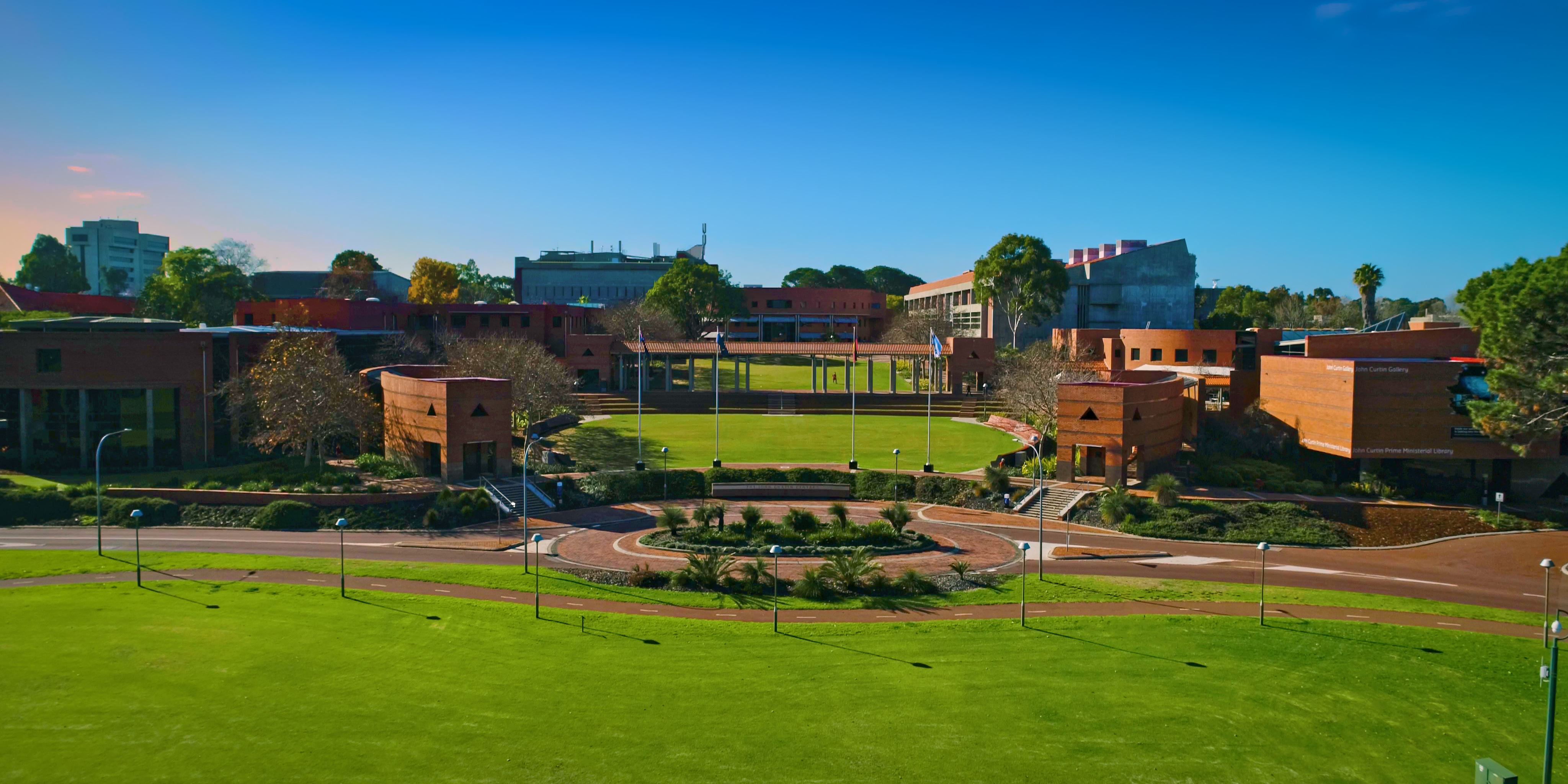New Curtin trial shows increased physical activity in retirement villages

A new Curtin University trial has helped older Australians living in retirement villages increase their levels of walking and minimise the time they sit down by introducing group-walking activities.
The Residents in Action Trial (RiAT), supported by Healthway, is a 16-week, peer-led walking project that recruited 116 residents from across 14 different retirement villages located between Busselton and Perth in Western Australia.
The research team trained older adults who were already doing a lot of walking to help motivate and empower other residents who did less walking to increase their physical activity in a safe and enjoyable way.
Project lead Professor Cecilie Thogersen-Ntoumani, from the Physical Activity and Well-Being Lab in the School of Psychology at Curtin University, said 60 per cent of Australians aged 65 and over were living with two or more chronic conditions including dementia, arthritis, and cardiovascular disease.
“It is common for people to be less active as they get older and this increases the risks of chronic diseases. Our trial investigated whether these risks can be reduced by taking part in regular and sustained physical activity,” Professor Thogersen-Ntoumani said.
“During the first 10 weeks of the trial, residents participated in three weekly group walks and were also encouraged to independently take part in two extra walks per week. During the last six weeks, residents took part in five self-organised walks per week, which were designed to encourage residents to continue walking independently after the trial had finished.
“We found that the trial increased residents’ daily walking by 750 steps and the quality of their motivation to move also rose 20 per cent, while the amount of prolonged periods of time spent sitting down declined by seven per cent.”
Residents were more likely to be motivated to take part in physical activity if they enjoyed walking with others, created new routines, monitored themselves and had social support.
Professor Thogersen-Ntoumani explained that the findings highlighted the importance of promoting regular walks to older Australians.
“Although group activities are sometimes challenging, our findings showed that peer-led activities have some merit in promoting walking amongst older people,” Professor Thogersen-Ntoumani said.
“Retirement villages across Australia may benefit from introducing activities and exercise programs, similar to RiAT, that will promote a social, inclusive environment and help reduce the risks of chronic diseases.”



